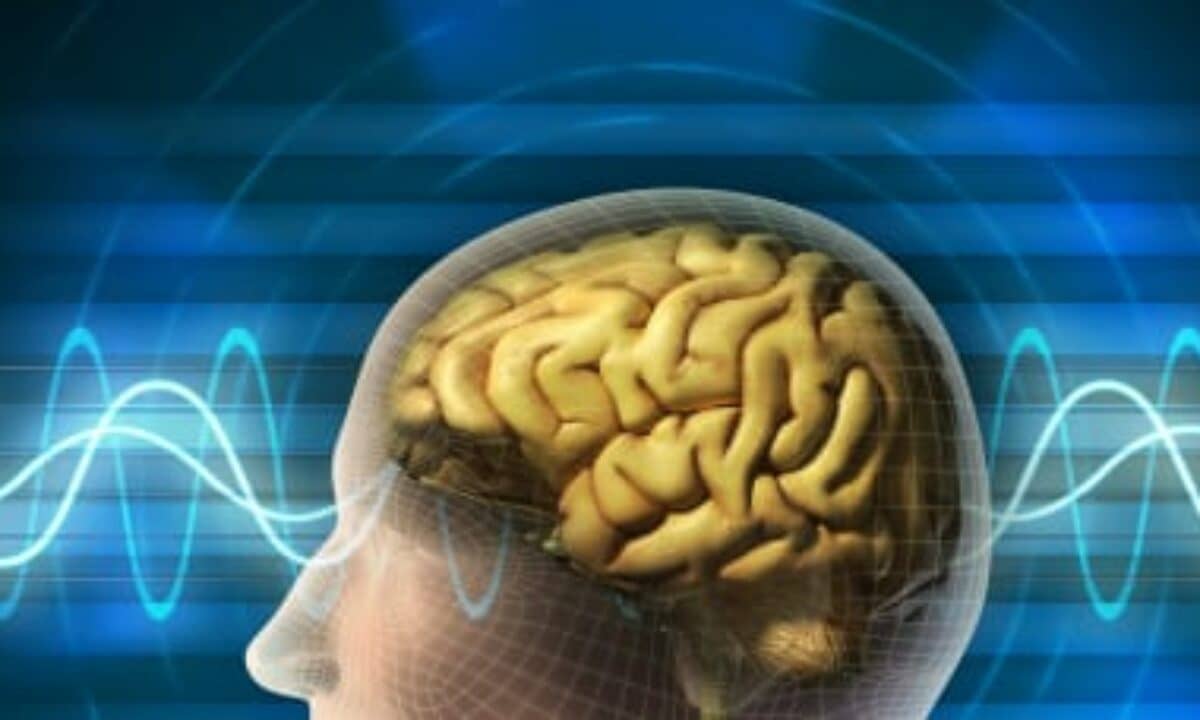Tinnitus, the ringing, buzzing, or hissing sound in the ears, affects millions of people worldwide. Although often perceived as a problem in the ears, tinnitus is actually linked to how the brain processes sound. The question many ask is: can we rewire the brain to reduce or eliminate tinnitus symptoms? Let’s explore the role of the brain in tinnitus and the potential ways we may be able to retrain it.
Understanding Tinnitus: More Than Just a Sound
Tinnitus is not a disease but a symptom that indicates something is wrong with the auditory system. It can arise from various causes, such as ear infections, hearing loss, exposure to loud noises, or even stress. However, the sound that patients experience is not external; it’s generated internally by the brain. When the brain’s auditory pathways misfire or become overly sensitive, it creates the sensation of sound, even in the absence of any external noise.
How the Brain Processes Sound
Normally, sound travels through the ear, where it’s converted into electrical signals and sent to the brain for processing. However, in those with tinnitus, this process is disrupted. For instance, when the auditory system is damaged, the brain compensates by amplifying certain signals, resulting in the perception of phantom sounds. This explains why some individuals with hearing loss experience tinnitus, even though there is no actual noise.
Can the Brain Be Rewired?
The good news is that the brain is remarkably adaptable. Neuroplasticity, the brain’s ability to reorganize itself by forming new neural connections, plays a crucial role in tinnitus management. Through different techniques and therapies, it’s possible to “rewire” the brain to reduce the severity of tinnitus symptoms.
Treatment Options to Rewire the Brain
1. Cognitive Behavioral Therapy (CBT)
CBT is a well-established method to manage chronic conditions like tinnitus. It focuses on changing the emotional response to tinnitus by addressing the thoughts and behaviors that may exacerbate the distress. By teaching coping mechanisms and relaxation techniques, CBT helps patients manage the psychological impact of tinnitus, potentially decreasing the intensity of the perceived sound.
2. Tinnitus Retraining Therapy (TRT)
TRT is a sound therapy designed to retrain the brain’s response to tinnitus. It involves the use of sound generators or white noise to help the brain gradually ignore the tinnitus sounds. Over time, the brain may become less focused on the phantom sounds, reducing the perception of tinnitus.
3. Mindfulness and Relaxation Techniques
Stress and anxiety often worsen tinnitus symptoms, so techniques like mindfulness, meditation, and progressive muscle relaxation can help. These practices encourage relaxation and can reduce the overall sensitivity to tinnitus, promoting a sense of calm and control over the condition.
The Future of Tinnitus Treatment
While there’s no cure for tinnitus yet, ongoing research into brain reprogramming and neuroplasticity offers hope. Advances in neuromodulation, such as transcranial magnetic stimulation (TMS), are being explored as potential ways to influence brain activity and reduce tinnitus symptoms. These therapies aim to target the brain regions responsible for tinnitus, potentially rewiring the neural pathways that cause the perception of sound.
Conclusion: Rewiring the Brain for a Better Quality of Life
Although tinnitus can be a frustrating and debilitating condition, the brain’s ability to adapt and reorganize offers a glimmer of hope; by exploring therapies that target the brain’s response to sound, there’s a real possibility of reducing the impact of tinnitus on daily life. With continued research and treatment development, many sufferers may find relief and regain control over their condition.







Be First to Comment